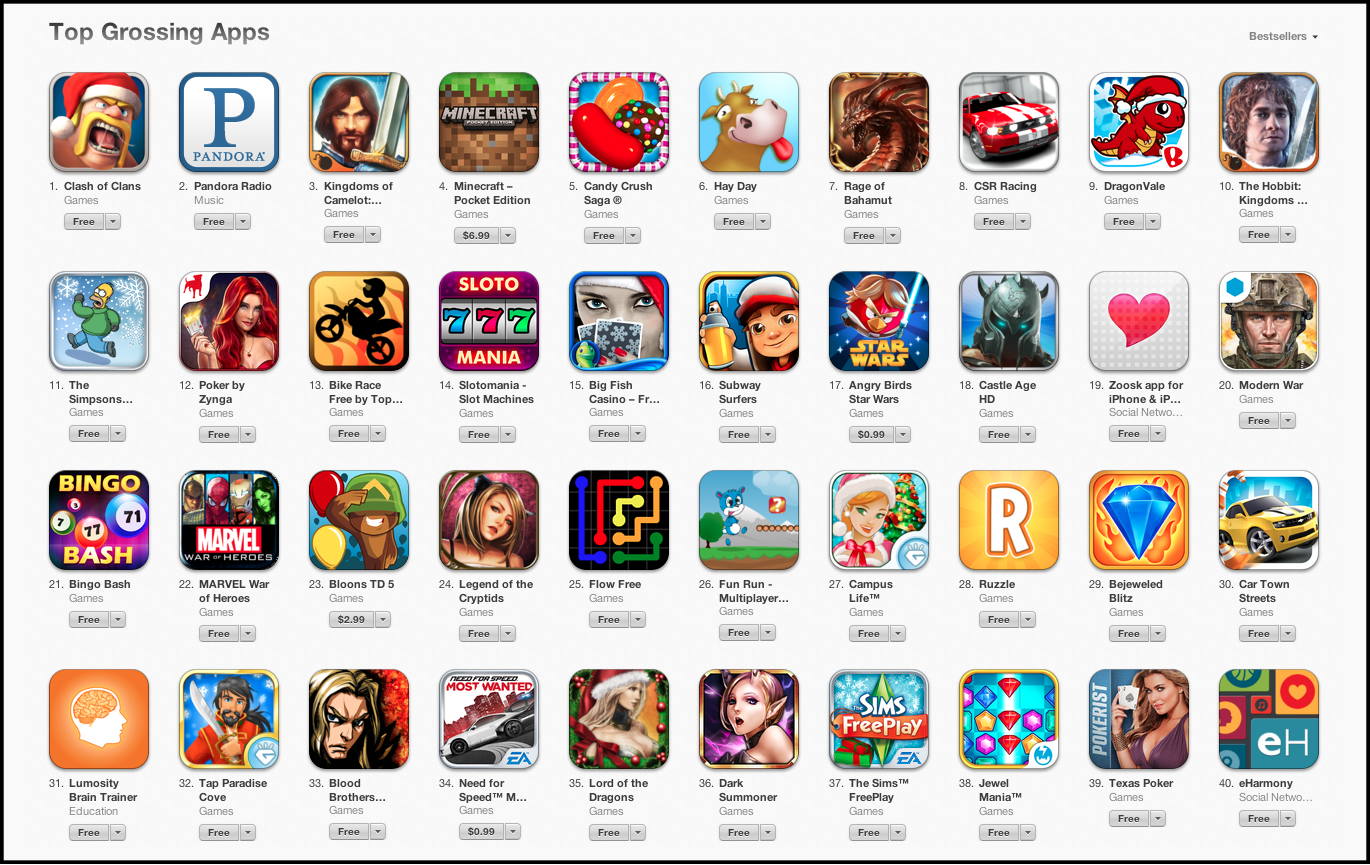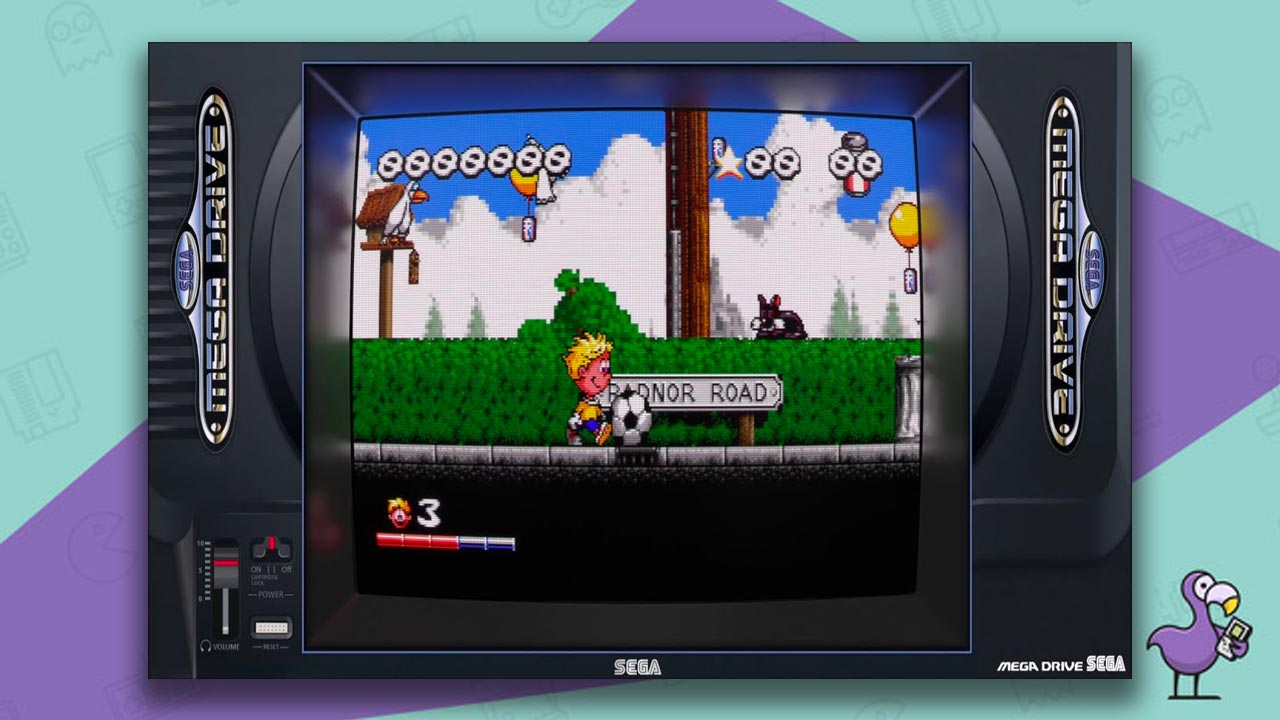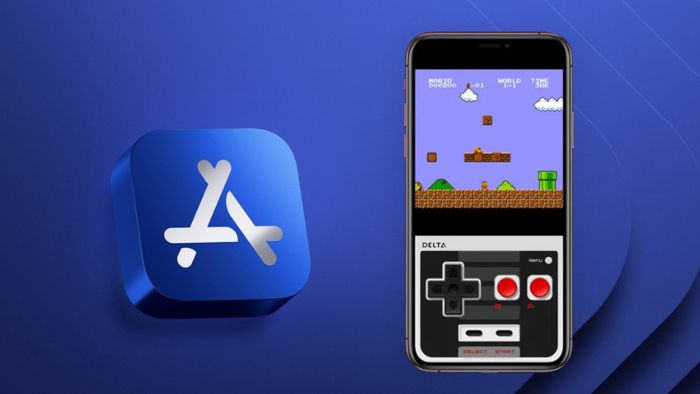The recent Apple retro game emulators policy update has sparked a wave of discussions within the developer community. This update, which now allows retro game emulators on the App Store, has significant implications for developers worldwide. From potential new opportunities to challenges in adapting to the change, the impact of this policy shift is profound. Moreover, the reasons behind this update, including compliance with EU laws and the move towards eliminating jailbreaking requirements, shed light on Apple’s strategic decision-making process and the evolving landscape of mobile gaming.

Apple’s Policy Update on Retro Game Emulators
-
Apple has recently made a significant policy update allowing retro game emulators on the App Store. This revision marks a significant shift in Apple’s stance on emulation software, opening up new possibilities for developers and enthusiasts alike.
-
With users now able to access classic console game emulators directly from the App Store, this policy update introduces a new era of gaming possibilities on Apple devices. Developers can harness this opportunity to bring cherished retro gaming experiences to a wider audience.

Developer Permission and Responsibilities
Developers have recently received explicit permission from Apple regarding the creation and distribution of custom emulators on the App Store. This policy update opens new avenues for developers to tap into the nostalgia of retro gaming, offering innovative experiences to users while adhering to Apple’s evolving guidelines.
In light of this updated policy, developers are now entrusted with the crucial responsibility of ensuring strict compliance with Apple’s guidelines and legal requirements for the software featured within their applications. This development underscores the significance of maintaining stringent adherence to Apple’s regulations, guaranteeing a seamless user experience and safeguarding against any potential legal pitfalls.

Reasons for the Policy Change
The Apple retro game emulators policy update stems from a broader regulatory landscape, notably the EU Digital Markets Act, which aims to curb anti-competitive behavior by tech giants. This legislative push likely prompted Apple to reassess its policies surrounding emulators.
Global applicability underscores Apple’s commitment to uniformity in its developer guidelines. By extending the new regulations worldwide, Apple ensures a consistent approach to emulator usage, promoting fairness and transparency across all markets.

Banning Pirated Games
In light of the Apple retro game emulators policy update, it’s crucial to note that although Apple allows emulators on its platform, the strict stance against hosting pirated games remains non-negotiable. Developers must ensure that their apps comply with copyright regulations to avoid infractions.
The prohibition against offering copyrighted games without legitimate ownership is a pivotal aspect of Apple’s App Store policies. By upholding copyright laws, Apple aims to protect the intellectual property rights of game developers and creators, fostering a fair and ethical environment within the App Store ecosystem.

Expectations for Official Emulators
Enthusiasts of retro gaming consoles eagerly await the Apple retro game emulators policy update, expecting an influx of official releases from companies like Nintendo, SEGA, and others.
-
Envision the possibility of experiencing classic titles on their iOS devices, opening up a new realm of nostalgic gameplay.
-
Anticipate enhanced performance and compatibility in these official emulators, promising a seamless and optimized retro gaming experience for users.
